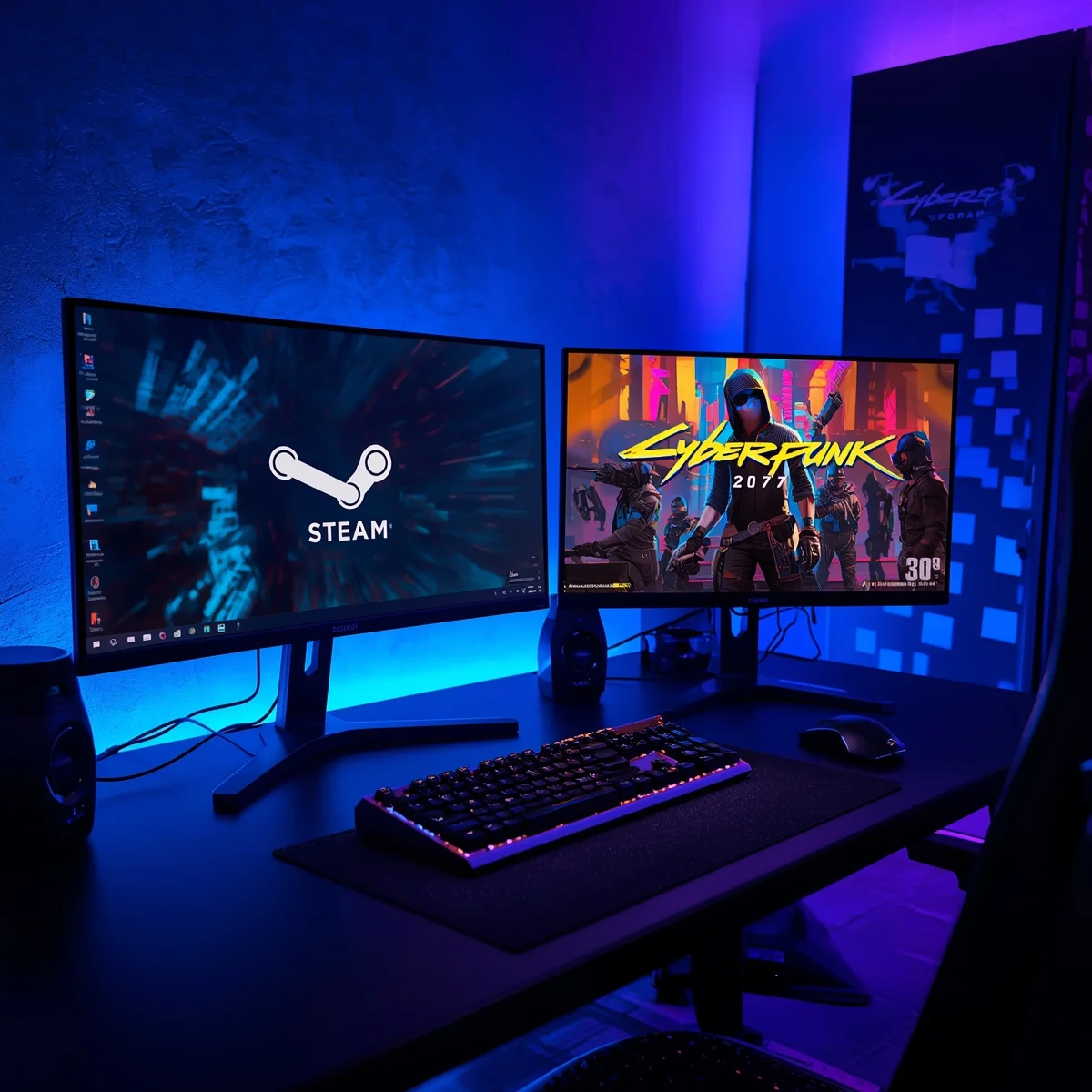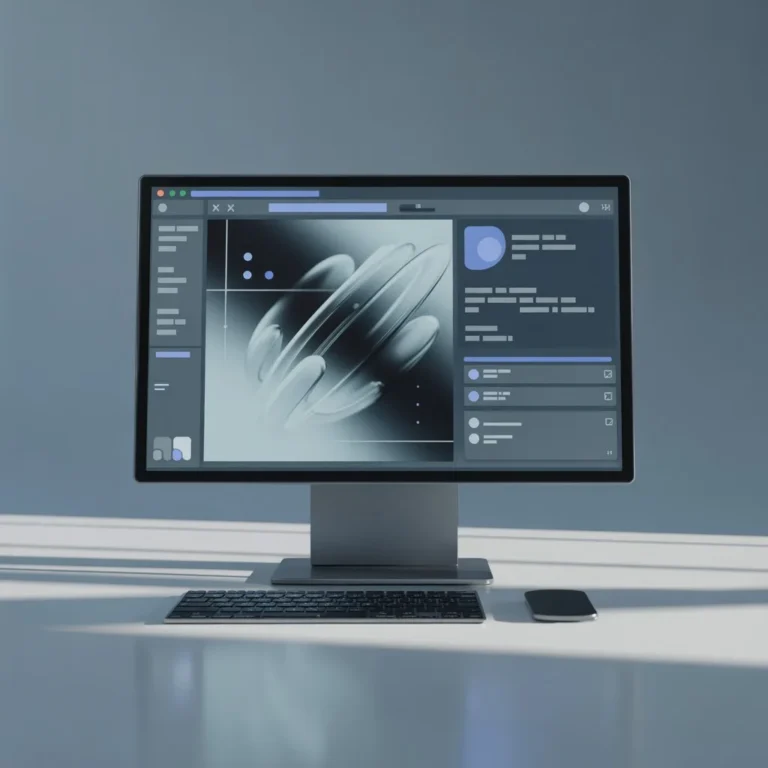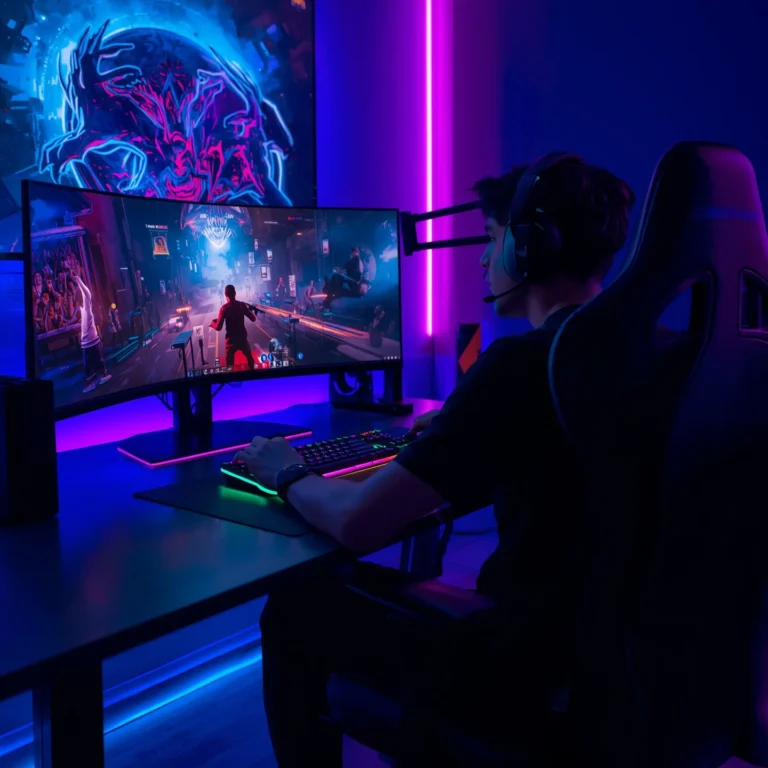Introduction
When it comes to gaming, Windows has long been the dominant platform, but Linux has rapidly evolved into a serious contender. With improved driver support, compatibility layers like Proton and Wine, and gaming-focused distributions, Linux now offers a smooth and customizable gaming experience.
If you’re tired of resource-heavy operating systems or want a free, open-source alternative, choosing the best linux distro for gaming can make a world of difference. In this guide, we’ll explore the top gaming distributions in 2025, their unique features, and why they stand out for different types of gamers.
Why Choose Linux for Gaming?
Linux gaming has seen tremendous growth, especially after the rise of Steam Play and Proton, which allow thousands of Windows games to run seamlessly on Linux. But beyond compatibility, Linux offers many benefits for gamers:
- Performance Optimization: Linux distros are lightweight and customizable, reducing system bloat and improving FPS.
- Open Source Freedom: You can tweak, modify, and optimize the system however you like.
- No Licensing Fees: Linux is completely free, saving you money compared to proprietary systems.
- Security and Privacy: Linux provides a secure environment, reducing the risk of malware or background data tracking.
However, not all Linux distros are ideal for gaming. Some are designed for developers or general users. That’s why selecting a gaming-optimized distribution is crucial.
Top 6 Best Linux Distros for Gaming in 2025
Let’s dive into the best options available today that cater specifically to gamers.
1. Pop!_OS – Best Overall for Gamers
Pop!_OS, developed by System76, is one of the most popular choices for Linux gamers. Built on Ubuntu, it provides a clean interface, powerful performance, and built-in support for NVIDIA and AMD GPUs.
Key Features:
- Pre-installed GPU drivers for hassle-free setup
- Excellent support for Steam, Lutris, and GameMode
Minimal background processes for better FPS - User-friendly GNOME desktop environment
Why It’s Great for Gaming:
Pop!_OS offers a dedicated “Hybrid Graphics” mode that lets you switch between integrated and dedicated GPUs — perfect for laptop gamers. With its smooth UI and automatic updates, it’s ideal for both beginners and advanced users.
2. Garuda Linux – Best for Hardcore Gamers
Garuda Linux is an Arch-based distro designed specifically with gaming in mind. It comes preloaded with tools and tweaks to maximize gaming performance.
Key Features:
- Built-in Garuda Gamer tool for installing Steam, Lutris, and Wine with one click
- Btrfs file system with automatic snapshots
- Eye-catching KDE Dr460nized edition with gaming theme
- Rolling release model ensures you always get the latest updates
Why It’s Great for Gaming:
Garuda focuses on speed, aesthetics, and performance. Its gaming edition includes emulators, GameMode, and Vulkan drivers by default. Though slightly heavier than minimal distros, it’s a powerhouse for serious gamers.
3. Ubuntu GamePack – Best for Plug-and-Play Gaming
If you’re new to Linux, Ubuntu GamePack is a fantastic choice. It’s built on Ubuntu but comes with pre-installed gaming software, so you can start gaming immediately after installation.
Key Features:
- Preloaded with Wine, PlayOnLinux, Steam, and Lutris
Supports over 6,000 Windows games via Wine/Steam Play - Simple installation and user-friendly interface
Why It’s Great for Gaming:
Ubuntu GamePack is perfect for players who want a “ready-to-go” gaming system. You don’t have to manually install drivers or tweak settings. It delivers good compatibility and ease of use out of the box.
4. Fedora Games Spin – Best for Open Source Game Lovers
Fedora Games Spin is ideal if you prefer open-source or indie games. It’s a lightweight Fedora variant featuring hundreds of free Linux-native games.
Key Features:
- Preinstalled open-source games across different genres
- Based on Fedora’s reliable architecture
- Uses XFCE desktop for performance efficiency
Why It’s Great for Gaming:
This distro isn’t designed for AAA Windows titles but is perfect for Linux-native gaming enthusiasts. It’s stable, clean, and perfect for those who want to explore open-source gaming ecosystems.
5. Manjaro Linux – Best for Flexibility and Control
Manjaro Linux, based on Arch, is another excellent choice for gamers who love customization. It combines Arch’s power with a beginner-friendly approach.
Key Features:
- Easy installation and driver management
- Steam, Lutris, and Wine available through official repositories
- Rolling updates keep system fresh and up-to-date
- Supports multiple desktop environments (KDE, GNOME, XFCE)
Why It’s Great for Gaming:
Manjaro offers a balance between performance and usability. It provides cutting-edge software without being overly complex. For gamers who like control without the hassle of manual setup, Manjaro is a top contender.
6. Drauger OS – Best for Dedicated Linux Gamers
Drauger OS is designed exclusively for gaming performance. It uses a modified kernel optimized for low latency and better FPS.
Key Features:
- Ubuntu-based with real-time kernel
- GameMode and Wine preinstalled
- Steam and Lutris ready to use
- Lightweight XFCE interface
Why It’s Great for Gaming:
Drauger OS is built by gamers for gamers. It provides stability, fast boot times, and consistent performance in both native and Windows-based games. While not the most beginner-friendly, it delivers exceptional results once configured.
Other Notable Mentions
- SteamOS 3.0: The official OS for the Steam Deck, optimized for Steam games and Proton.
- ChimeraOS: Focused on transforming your PC into a console-like gaming setup.
- Nobara Project: Created by a Fedora developer, tailored for gaming and multimedia users.
These alternatives are also worth considering depending on your hardware and gaming preferences.
How to Choose the Right Linux Distro for Gaming
When picking the best Linux distro for gaming, consider the following factors:
1. Hardware Compatibility
Check if your GPU and CPU are fully supported. Distros like Pop!_OS and Manjaro handle drivers efficiently.
2. Gaming Platform Support
If you use Steam, ensure the distro supports Proton and Vulkan APIs for smooth performance.
3. Ease of Use
Beginners should start with user-friendly distros like Ubuntu GamePack or Pop!_OS.
4. Performance and Stability
Arch-based distros (like Garuda or Manjaro) are more performance-oriented, while Fedora and Ubuntu-based ones focus on stability.
5. Update Cycle
Rolling release models give you the latest packages, but fixed-release systems ensure long-term stability.
Setting Up Your Linux Gaming Environment
After installing your chosen distro, here’s how to optimize it for gaming:
Step 1: Install GPU Drivers
Ensure you have the latest NVIDIA or AMD drivers. Most gaming distros offer automatic driver installation.
Step 2: Install Steam or Lutris
Use the package manager to install your preferred gaming platform. Steam Play enables Windows games on Linux.
Step 3: Enable GameMode
GameMode, developed by Feral Interactive, automatically optimizes system performance while gaming.
Step 4: Use Proton and Wine
These compatibility tools allow you to play thousands of Windows titles. ProtonDB helps you check compatibility ratings.
Step 5: Tweak Performance Settings
Disable background apps, enable Vulkan, and adjust graphics settings for smoother gameplay.
Conclusion
Linux gaming is no longer a niche — it’s a thriving community. With powerful tools, advanced drivers, and dedicated gaming distros, Linux has become a legitimate platform for casual and hardcore gamers alike.
If you want the perfect balance of performance and simplicity, Pop!_OS remains the best linux distro for gaming in 2025. For enthusiasts who want cutting-edge performance, Garuda Linux and Manjaro are excellent choices.
Whether you’re switching from Windows or starting fresh, Linux offers freedom, control, and impressive gaming power — all without a price tag.





